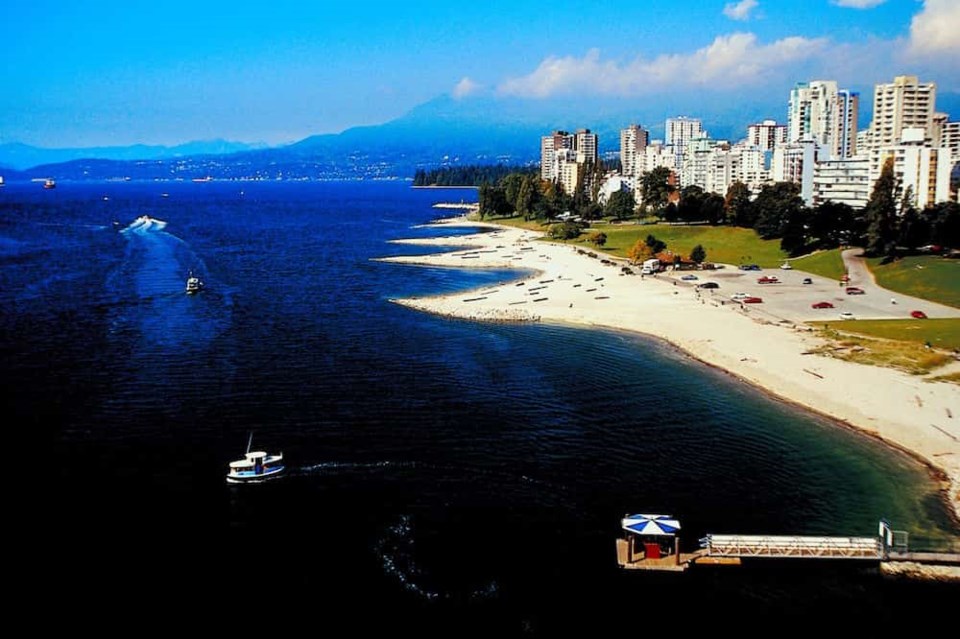Are you dreading the next heat wave in Metro Vancouver?
While you might have to be prepared for more sweltering humidity, it isn't likely that B.C. will see the same scorching daily highs that it did during the heat wave at the end of June.
"That kinda thing is a once-in-a-lifetime event," Environment Canada meteorologist Doug Lundquist told Vancouver Is Awesome.
"Let's hope that doesn't happen [again] for decades."
A heat dome forms when the jet stream migrates north, allowing an intense, high-pressure system to create a cap over hot ocean air. When that air descends, it warms. By trapping heat at the surface, the "dome" creates a feedback effect leading to sweltering conditions from day to night.
What made the previous high-pressure ridge different was its “huge amplitude.”
Daytime highs are expected to climb into the 30s for the Fraser Valley over the upcoming weekend. And while the federal forecaster may issue another heat warning, temperatures will not feel nearly as hot as those felt during the last heat wave, Lundquist explained. "It was the perfect alignment of events to give us extraordinary unprecedented records."
But that doesn't mean we shouldn't be concerned.
"We're coming from a bad spot and we still have the rest of summer to get through," he said.
And how hot will the rest of summer be?
Environment Canada calls for above-average temperatures across B.C. this summer but more information about August will be available later this month.
"The outlook we have is for a hotter than average July and summer," Lundquist explained. "And we have record dry weather in some places that's creating drought. We have record heat. We're coming from a difficult place."
The last two weeks of July and the first two weeks of August are typically hot and dry across most of B.C., he added.
"The usual hottest time of summer is yet to come," said Lundquist. "We can have and we will have more heat warnings across B.C. this summer."
With the heat warnings in mind, Lundquist said Metro Vancouver may still see some showers during the summer, though they are less common.
Preventing wildfires in B.C.
Wildfire prevention can happen at home, in the backcountry, and through larger-scale fire and fuel management planning. Learn what you can do to help.
Wildfires are a very real danger in British Columbia. If you spot a fire or a column of smoke while travelling through the province, call and report it to the BC Wildfire Service at 1-800-663-5555 or hands free at *5555 on your cell phone.
With files from Stefan Labbé.


